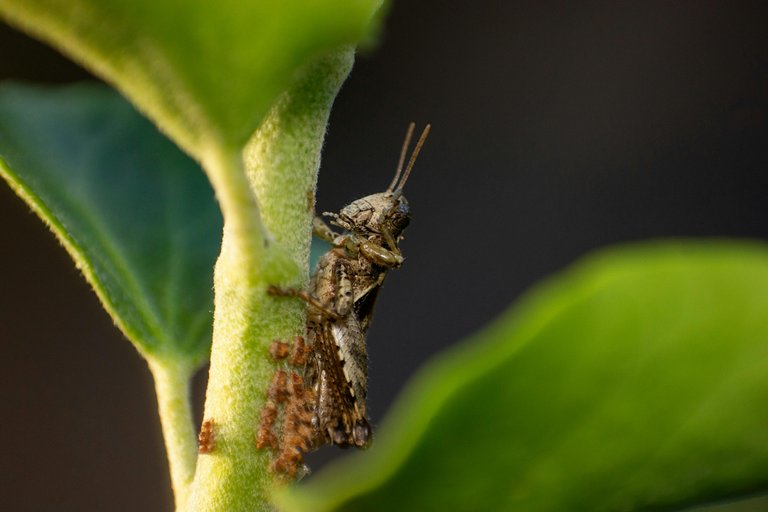I haven't experienced a major locust invasion in real life, but it's a good metaphor for what I'm talking about.
And in theory, we've all seen how they operate... They move into an area, eat everything there's to eat (not half of it), then leave for the next one.
Thinking about something else (I'll leave it at a metaphor level and everyone understands what they want), I searched to see how real locust invasions are combated, and searched "How to deal with locust invasions?".
This is one of the top results. And it gives us 9 ways to deal with them when they attack crops.
Some methods involve killing them, but poison is still poison for everyone and everything, but maybe it doesn't kill you (right away?).
Other methods I like more, and involve starving them or driving them away.
There are 4 methods in this category:
- make noise to drive them away: I don't think this would work for the kind of pests I had in mind
- smoke them: again, I wouldn't know what that would entail for our kind of pests
- protect your crops with anti-locust cover: this one is sort of interesting; if they can't touch your crops, they can't eat them. But what if our metaphor is only half-suited, and maybe you'd need to allow access to the crops to other good "insects"?
- change the crops to low-carb ones because locusts prefer high-carb crops: if they aren't interested in your crops, they don't eat them. The question is, will the "good insects" be interested in the low-carb crops?
One thing is pretty clear to me. Locusts don't leave crops behind for a later time. They come, eat everything they can, and leave when there's nothing left. The way to get rid of them is to kill them, drive them away, protect your crops, or plant something they don't prefer to eat.
I don't know if you guessed what I was referring to. Farming is a common denominator, only on opposite sides. The metaphor is only partially relevant because things are more complex in the actual situation.
Want to check out my collection of posts?
It's a good way to pick what interests you.
Posted Using InLeo Alpha



